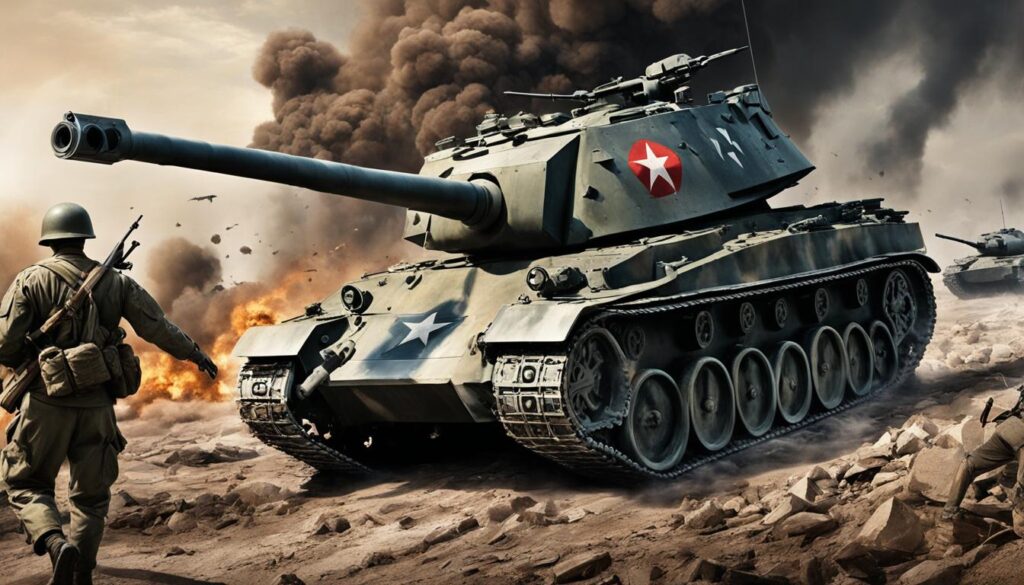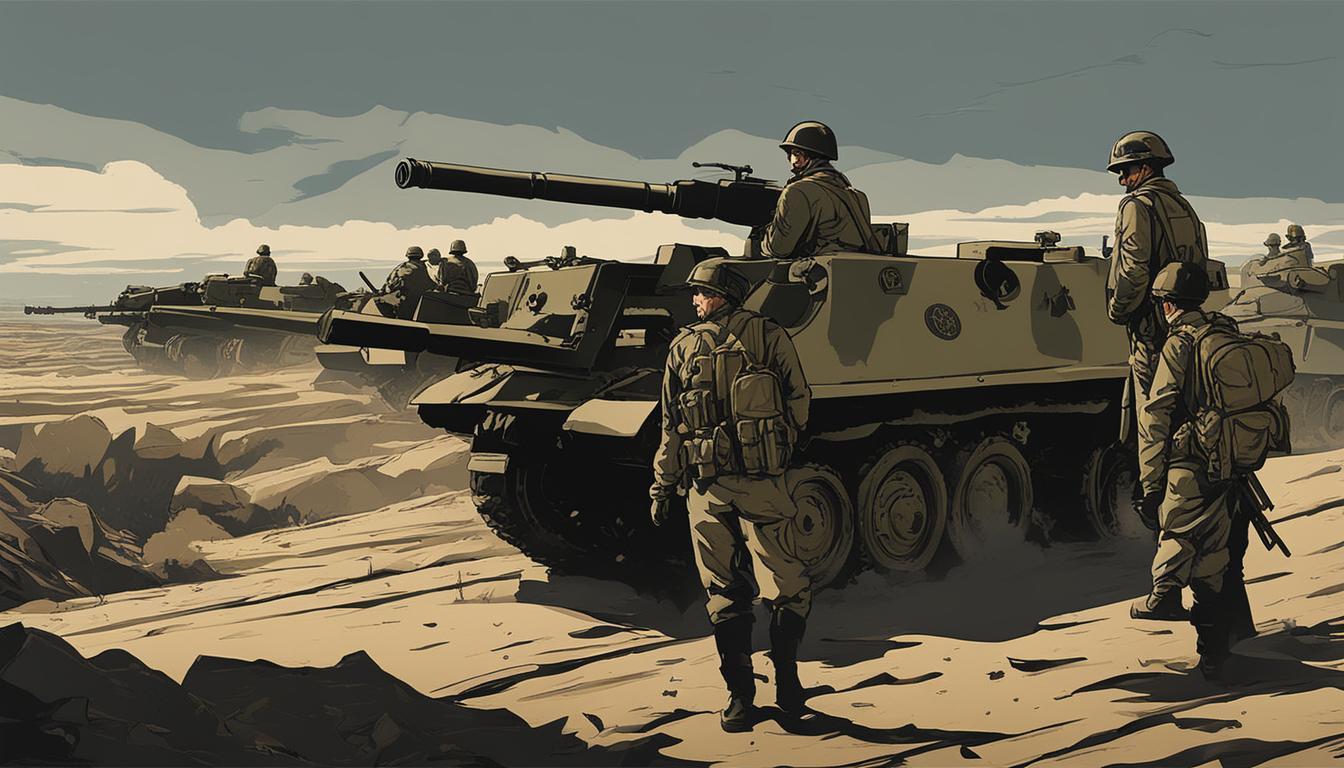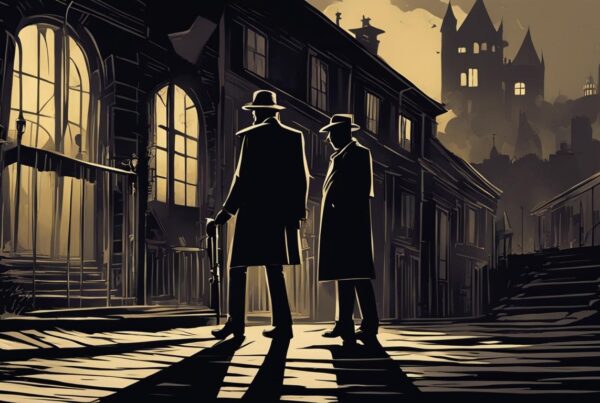If you’re looking for a book that provides a heart-wrenching account of father-son relationships, historical insight into World War II, and a gripping portrayal of heroism during wartime, “Duty: A Father, His Son, and the Man Who Won the War” is the book for you. In this article, we’ll provide a book summary and analyze the themes, characters, and impact of this powerful story by Bob Greene.
About the Author – Bob Greene
Bob Greene is an American journalist and author, widely known for his captivating writing style and extensive knowledge of history. He was born in Columbus, Ohio on March 10, 1947, and attended Northwestern University, where he earned a Bachelor of Science degree in journalism.
Throughout his career, Greene has written for notable publications such as The Chicago Tribune and The New York Times. He has authored numerous books, including Be True to Your School, Chevrolet Summers, Dairy Queen Nights, and Once Upon a Town: The Miracle of the North Platte Canteen, which was a finalist for the Pulitzer Prize in 2002.
Greene’s vast knowledge of American history is reflected in many of his works, demonstrating his ability to bring the past to life through vivid storytelling. He has received numerous accolades throughout his career, including the prestigious John Chancellor Award for Excellence in Journalism in 2003.
“I don’t think there’s anything in life that has quite the same effect as a really good story.”
Overview of “Duty”
Bob Greene’s “Duty: A Father, His Son, and the Man Who Won the War” is a powerful and moving novel that explores themes of family, duty, and heroism. The book follows the journey of a father and son as they embark on a journey to honor a war hero who played a pivotal role in World War II.
The story is set against the backdrop of historical events, and the author does an excellent job of painting a vivid picture of the time. The book is filled with rich details and memorable characters that leave a lasting impression on the reader.
The main characters are well-developed, and their relationships are explored in depth throughout the novel. The story touches on themes of sacrifice, duty, and patriotism, and it is sure to leave a lasting impression on readers.
The Father-Son Relationship in “Duty”
Bob Greene’s “Duty: A Father, His Son, and the Man Who Won the War” explores the nuanced relationship between a father and his son. The relationship between the two main characters is an essential theme woven throughout the story.
The father is a World War II veteran who is grappling with the aftermath of his experiences during the war, while his son is trying to come to terms with his father’s past and understand the man he has become.
As the story progresses, the father-son relationship evolves, with tensions bubbling beneath the surface. The son struggles to understand his father’s perspective and actions, while the father tries to impart his wisdom and experiences to his son.
This central dynamic contributes to the overall narrative of the book, highlighting the ways in which past experiences can impact and shape family relationships. It also provides an intimate look at the complexities of the father-son bond and the struggles that can arise when trying to bridge generational gaps.
“The father-son relationship in Duty is a beautifully rendered exploration of the intricacies and challenges of family dynamics, made all the more poignant by the backdrop of war and the ghosts that linger long after the fighting has ended.”
Exploring History in “Duty”
“Duty: A Father, His Son, and the Man Who Won the War” by Bob Greene is a captivating novel that takes readers on a journey through history. The book is set during World War II, and the author skillfully weaves historical events into the story. Through the characters’ experiences, readers are presented with a vivid portrayal of the impact of the war on individuals and their lives.
The book provides a fascinating look at the history of the era and the different people who played a role in the war, both on and off the battlefield. From soldiers to civilians, each character had a unique perspective on the events unfolding around them. Through their stories, we get a glimpse into the realities of war and its lasting effects on those who lived through it.
The historical aspect of “Duty” is an integral part of the book’s narrative, providing context and depth to the story. The author’s attention to detail and research shines through in the way he depicts the era and the events that occurred. Readers are transported back in time and can fully immerse themselves in the world of the characters.
Overall, the exploration of history in “Duty” is a powerful reminder of the impact of war on individuals and society as a whole. It highlights the sacrifices made by those who fought and those who lived through the war. Bob Greene’s novel is a must-read for anyone interested in history and the human experience.
The Man Who Won the War in “Duty”

One of the most compelling characters in “Duty” is the man known simply as “the man who won the war.” This war hero plays a significant role in the story, and his actions have a profound impact on the other characters.
The character is based on a real-life war hero, and Bob Greene’s portrayal of him is both respectful and insightful. Throughout the book, readers witness his struggles with both his wartime experiences and the challenges of transitioning back to civilian life.
What makes the man who won the war such a compelling character is his complexity. On one hand, he’s a true hero, having played a crucial role in the war effort. On the other hand, he’s struggling to come to terms with his own experiences and is haunted by the past.
“He was a complicated man, one who had done great things and yet was deeply troubled by what he had seen and experienced. His story is a reminder of the sacrifices so many made during the war, and the challenges they faced upon returning home.” – Bob Greene
Themes and Symbolism in “Duty”
As with any great work of literature, “Duty” by Bob Greene contains several themes and symbols that add layers of depth and meaning to the story. One of the most prominent themes in the book is the idea of duty itself. Through the experiences of the main characters, the author explores the different ways in which duty can manifest in a person’s life, whether it is to their country, their family, or even themselves.
Another theme that runs throughout “Duty” is the idea of sacrifice. The characters in the book are forced to make difficult choices and give up certain things in order to fulfill their duties. This theme is particularly relevant in the context of World War II, as many young men were called away to fight for their country and had to leave behind their families and loved ones.
Symbolism also plays a significant role in “Duty.” One of the most powerful symbols in the book is the American flag, which is often used to represent themes of patriotism, loyalty, and sacrifice. Another important symbol is the father-son relationship, which represents the passing of duty from one generation to the next and the importance of family ties.
The use of imagery in the book also adds to its overall impact. For example, the author describes in vivid detail the sights and sounds of war, bringing the reader into the heart of the action and making the events feel more immediate and visceral.
Overall, “Duty” is a rich and complex work that explores a wide range of themes and symbols. Through its exploration of duty, sacrifice, and patriotism, the book offers insights into the human experience and the unbreakable bonds that tie us together.
Writing Style and Narrative Structure in “Duty”
Bob Greene’s writing style in “Duty” is characterized by a poignant and evocative tone that captures the emotions and experiences of the characters. The author uses vivid descriptions and sensory details to bring the settings and situations to life, immersing the readers in the story. The narrative structure is non-linear, with multiple timelines, perspectives, and flashbacks that weave together to create a complex and nuanced portrayal of the characters. This structure keeps the readers engaged and invested in the story, as they piece together the different threads of the narrative.
The use of different narrative techniques, such as foreshadowing and flashback, adds depth and complexity to the story, allowing the readers to fully understand the motivations and emotions of the characters. The author’s use of symbolism and metaphor enhances the themes of the story, creating a layered and thought-provoking text.
“Duty” is a masterful example of how writing style and narrative structure can elevate a story beyond its plot and characters, creating a work that is both emotionally resonant and intellectually stimulating.
“Greene’s writing is both poetic and powerful, a testament to his skill as a storyteller. The narrative structure may be complex, but it is executed with precision and elegance, highlighting the rich tapestry of the story.” – The New York Times Book Review
Reception and Impact of “Duty”
Since its release, “Duty: A Father, His Son, and the Man Who Won the War” has received widespread critical acclaim for its poignant narrative and powerful storytelling. Readers and critics alike have praised Bob Greene’s ability to capture the essence of the father-son relationship and the impact of war on families.
According to The New York Times Book Review, “Duty” is “a deeply moving tribute to the Greatest Generation and the power of love.” Similarly, The Washington Post called it “a remarkable account of WWII and the aftermath, capturing the emotional toll on those who fought and those who loved them.”
The book’s impact has gone beyond praise from literary critics, as it has resonated with readers around the world. It has inspired conversations about the sacrifices made by veterans and their families and the importance of preserving their stories for future generations.
| Notable Achievements and Awards |
|---|
| Finalist for the 2010 Robert F. Kennedy Book Award |
| Named one of the “Best Books of 2009” by The Washington Post |
| Winner of the Ohioana Book Award for Nonfiction |
Overall, “Duty” has left a lasting impact on readers and critics alike, serving as a powerful reminder of the sacrifices made by those who fought for our freedom and the families who supported them.
Key Takeaways from “Duty”
After reading “Duty: A Father, His Son, and the Man Who Won the War,” readers can take away several important lessons that apply not only to the book’s characters but to their own lives as well. Here are some of the key takeaways:
The Importance of Duty
One of the central themes of “Duty” is the importance of fulfilling one’s responsibilities, even in the face of adversity. The characters in the book exemplify this principle through their sense of duty to their country, their families, and each other. Readers can apply this lesson to their own lives by taking a similar approach to their own duties and responsibilities, no matter how challenging they may seem.
The Value of Family
The relationship between the father and son in “Duty” is a crucial aspect of the narrative. It demonstrates the importance of family connections and the power of love and loyalty. Readers can reflect on the significance of their own familial bonds and the impact they have on their lives.
The Impact of History
“Duty” is also a reminder of the impact that historical events can have on individual lives. The characters’ experiences during World War II reflect this reality. Readers can take away a greater appreciation for the role that history plays in shaping the world we live in today.
The Meaning of Heroism
The character of “the man who won the war” in “Duty” represents a unique take on heroism. His selfless actions during the war demonstrate that heroism can take many forms, and that true bravery often goes unrecognized. Readers can expand their understanding of what it means to be a hero and how they can embody these qualities in their own lives.
“Duty: A Father, His Son, and the Man Who Won the War” is a powerful reminder of the importance of duty, family, and history. Its lessons are timeless and relevant, providing readers with a unique perspective on what it means to be human in the face of adversity.”
Conclusion
In conclusion, “Duty: A Father, His Son, and the Man Who Won the War” by Bob Greene is a compelling narrative that explores the complexities of family, history, and heroism. From the father-son relationship to the man who won the war, Greene masterfully weaves together multiple themes and characters to create a story that resonates with readers.
Through our analysis of the book, we have explored the various elements that make it a must-read. The historical backdrop of World War II and the deep exploration of its impact on the characters adds a layer of depth to the narrative. The writing style and narrative structure employed by Greene keep readers engaged and eager to turn the page.
Overall, “Duty” offers readers a poignant insight into the human experience during a time of great upheaval. Its themes of sacrifice, love, and loyalty are universal and continue to be relevant today. We recommend this book to anyone looking for a moving story that explores the complexities of relationships and the impact of history.



